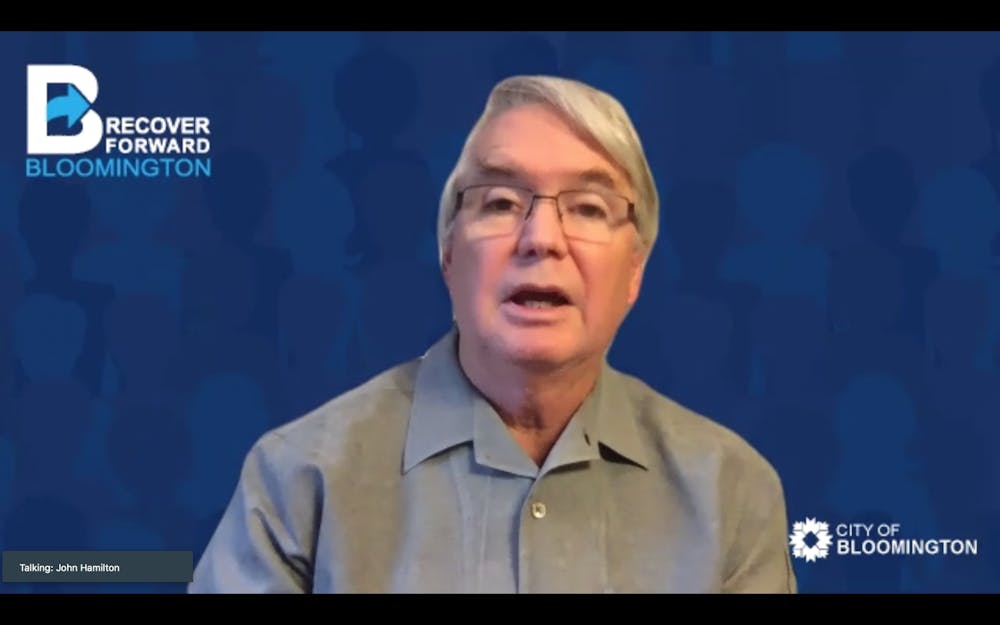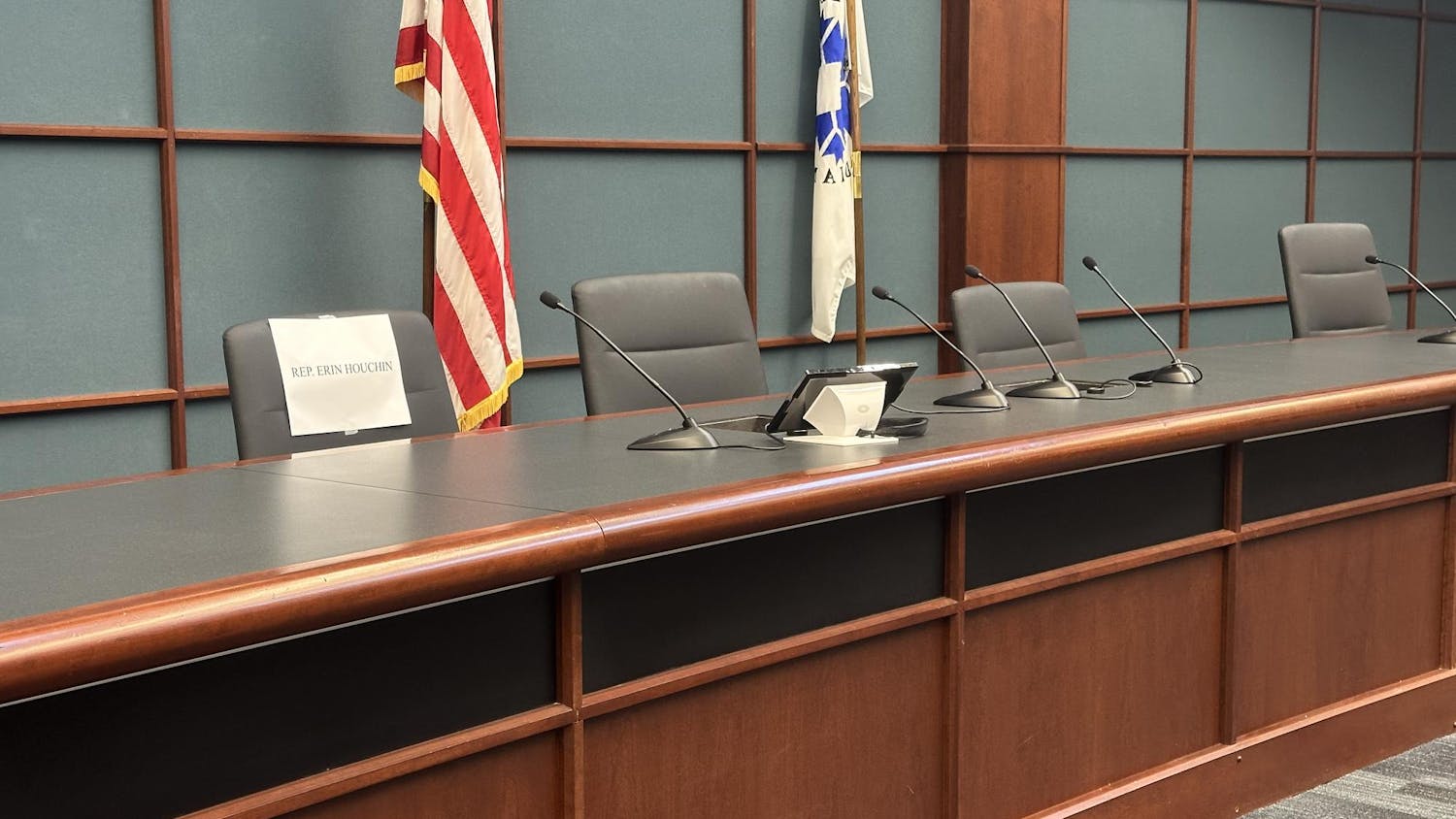On Sept. 16, the Bloomington City Council voted 5-4 to reject Mayor John Hamilton’s Recover Forward proposal. The five nays came from councilmembers Isabel Piedmont-Smith, Susan Sandberg, Ron Smith, Sue Sgambelluri and Jim Sims.
The proposed funding measure was meant to help Bloomington recover from the financial quagmire visited upon us by the COVID-19 pandemic and was written with an eye toward economic, climate and racial justice. The cost to the median Bloomington resident would have been about $7 a month.
The city needs the money considering income and sales tax revenues are down. As we begin to emerge from the worst of the pandemic, deliberate action is required to maintain present levels of city services. There’s certainly no shortage of programs which could use the funding.
Those basic facts don’t appear in dispute. In fact, on the night of the vote, criticisms emerging from some council members mostly fell into one of the following categories: a pandemic is not the time to raise taxes, we should have a progressive rather than flat tax, the community hasn’t been sufficiently engaged in debating the proposal and it’s not specific enough in what the funds will be used for.
The not-the-right-time and not-a-progressive-tax arguments come through most strongly. They’re fair points worthy of consideration, but fall short as the basis of a nay.
First off, it reads as somewhat dubious considering those opposed to the tax increase battled against it before the pandemic. Still, Bloomingtonians are hanging on by a thread right now, and we can’t visit an egregious tax hike upon them, their argument goes.
A quarter percent of annual income — despite not being progressive — is modest. To the median Bloomington resident, it would have amounted to six dollars and eighty-seven cents per month, or less than a Netflix subscription.
Such an increase would have put us closer to par with surrounding counties. Bloomington has the third lowest local income tax of the 21 counties in our region, despite having similar median household incomes.
All that aside, the flat versus progressive tax argument was a moot point in the first place. The state legislature doesn’t allow Bloomington to introduce progressivity into its income tax code. This was never on the table in the first place.
The idea the community was not sufficiently engaged is ludicrous. Hamilton publicly announced this initiative nine months ago. The council and the community had time to weigh in.
Hamilton’s outline provided a slew of ideas for the tax. They included focusing on issues of climate, racial and economic justice — all topics which would find purchase in Bloomington. To the council’s credit, the proposal was indeed not focused because Hamilton did include 64 potential uses of the tax.
But is it not the council’s job, in conjunction with the mayor's office, to oversee the budget? And did they not have nine months to hone such a proposal?
Specific or not, progressive or regressive, this proposal wasn’t itself enough. Its $4 million amounts to only 0.06% of local GDP. A serious proposal would necessitate a bond issuance, or assistance from state and federal entities.
But still, is it not better to at least try? The mayor was willing, and the council deferred their responsibility.
Nicholas Baird is a former IU undergraduate (Chemistry BA, 2016) and current O'Neill masters student in public finance.
Dr. Nicholas Browning is an assistant professor of public relations in IU’s Media School. His research focuses on ethics, social advocacy and political PR.






